Teacher Professional Development
The Center for Literacy Education sponsors Teacher Professional Development as part of the Lifelong Learning Program through the Wake Forest Graduate School of Arts & Sciences.
The Lifelong Learning Program offers short personal enrichment courses taught by Wake Forest University faculty and community experts. Courses sponsored by the Center for Literacy Education are non-credit bearing and focused on meaningful professional development around topics and areas in literacy education designed specifically for K-12 teachers and administrators.
Upcoming courses include areas of interest for teachers across grade levels such as civic literacy, makerspaces, information literacy, writing pedagogy, and teaching Shakespeare. Scholarships are available for Wake Forest alumni and K-12 teachers and administrators in Winston-Salem/Forsyth County Schools for designated courses thanks to the generous contributions of supportive donors.
Course Descriptions
Instructor: Cristofer Wiley, Winston-Salem/Forsyth County Schools 2025 Teacher of the Year
Dates: Friday, May 30, 2025, through Wednesday, June 11, 2025
Times: 1:00 – 3:00 pm
Instructional Contact Hours: 12 Hours
Location: Wake Forest University, Brookstown Campus
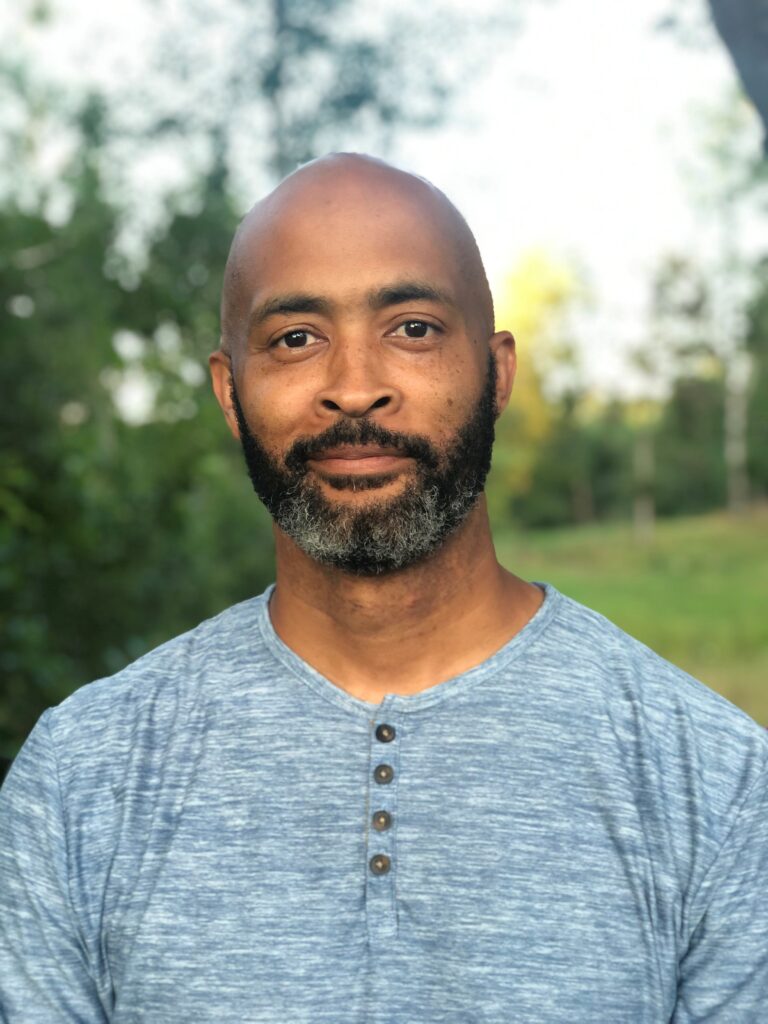
Civil Discourse in Civic Literacy stems from the instructor’s career experience in introducing high school students to the civic discourse. This course is intended to offer something of a compass by which to navigate our turbulent political times. A focus on the nation’s fundamental principles and, ideally, our shared values can pave the common ground for meaningful dialogue. The six classes will also serve as a model for accomplishing the same ends in a classroom setting across a range of content areas and grade levels. Appropriate supporting texts — articles, speeches, documents, and the like — will provide context for collective evaluation and consensus; comprehension will be aided by articulating the shifting perspectives of ourselves and others.
Cristofer Wiley has taught as an adjunct professor of education at Wake Forest. His courses include Educational Policy and Practice (EDU 201) and Social Justice Issues in Education (EDU 304). He is a Civics Literacy teacher at RJ Reynolds High School in Winston- Salem, North Carolina, and has served as a classroom teacher for two decades, dedicating his service to a full range of diverse students in the secondary setting, from sheltered English Language Learner classes to Advanced Placement courses.
Instructor: Paul Whitener, Associate Director of Digital Fabrication and Maker Education, Wake Forest University
Dates: Friday, August 1, and Saturday, August 2, 2025
Times: 9:00 am – 11:30 pm, 12:30 pm – 3:00 pm (Lunch provided)
Instructional Contact Hours: 10 Hours
Location: Wake Forest University, WakerSpace
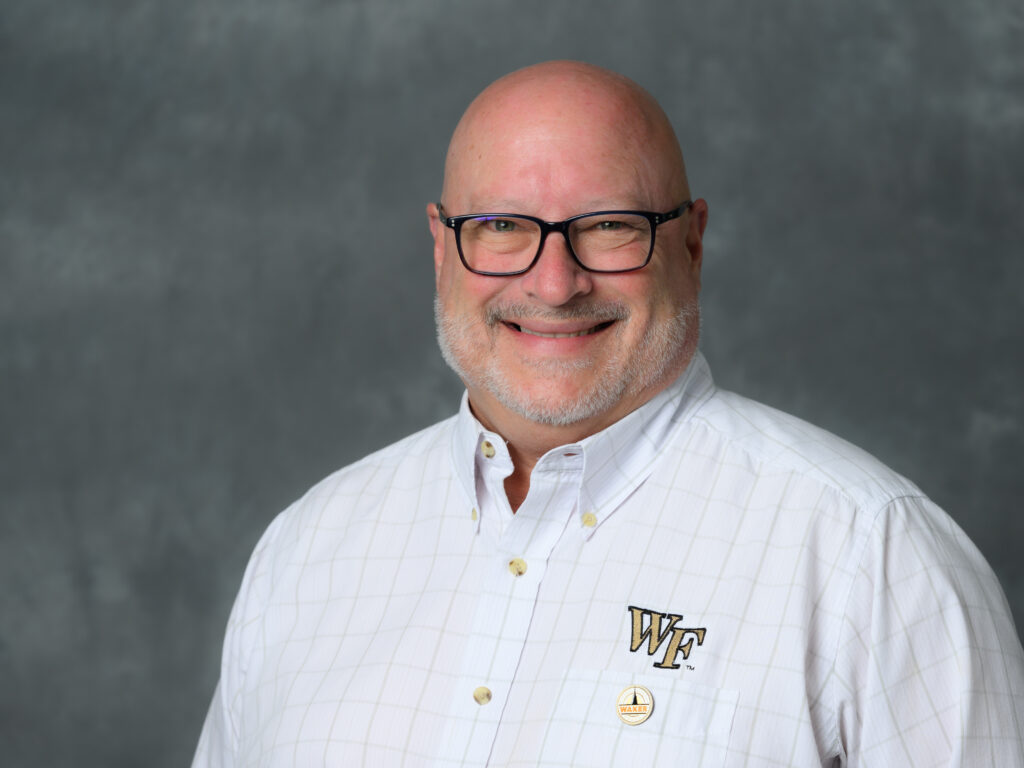
Making in the K-12 Classroom will take place at WakerSpace on the campus of Wake Forest University and will introduce simple hands-on projects to help teachers encourage students’ critical thinking, problem solving, collaboration, and creativity. It will highlight the value of “making” as it pertains to wellbeing both in and out of the classroom. The workshop is open to all K-12 educators and will include a broad range of both STEM and STEAM topics and tools, such as 3D printing, podcasting, crafting, Makey Makey, and the Marshmallow Challenge to encourage and foster hands-on experiential learning.
Paul Whitener is Associate Director of Digital Fabrication and Maker Education at Wake Forest University. As an Information Systems staff member assigned to the Wake Forest makerspace, the WakerSpace, Paul is involved in technology and making, which is used to teach students in and out of the classroom. With a bachelor’s Degree in Communications with a Television Production Concentration and an Associate’s Degree in Electronic Engineering, Paul brings over 30 years of experience, all based in technology, to the program. In his current role, Paul works with students on a daily basis helping them to utilize various “maker” technologies in their coursework. He has also co-facilitated the Computer Science STEM Robotics course as well as led many “pop-up” labs geared towards extracurricular learning for the WFU community. These labs include Arduino, Raspberry Pi, Makey Makey, laser cutting, and 3D printing technologies. In the spirit of Pro Humanitate, Paul is also involved in many technology outreaches to middle and high school students.
Instructors:
Amanda Kaufman, Learning and Instructional Services Librarian, Z. Smith Reynolds Library, Wake Forest University
Colleen Foy, Research and Instruction Librarian, Z. Smith Reynolds Library, Wake Forest University
Dates: TBA (Fall 2025)
Times: TBA
Instructional Contact Hours: 10 Hours
Location: Wake Forest University, Brookstown Campus
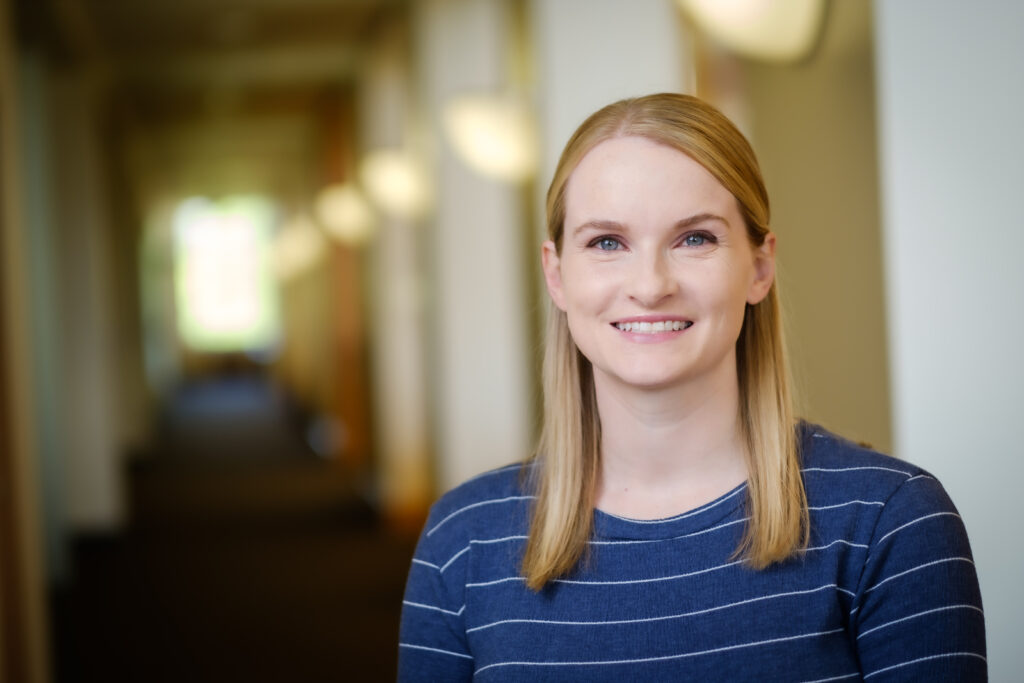
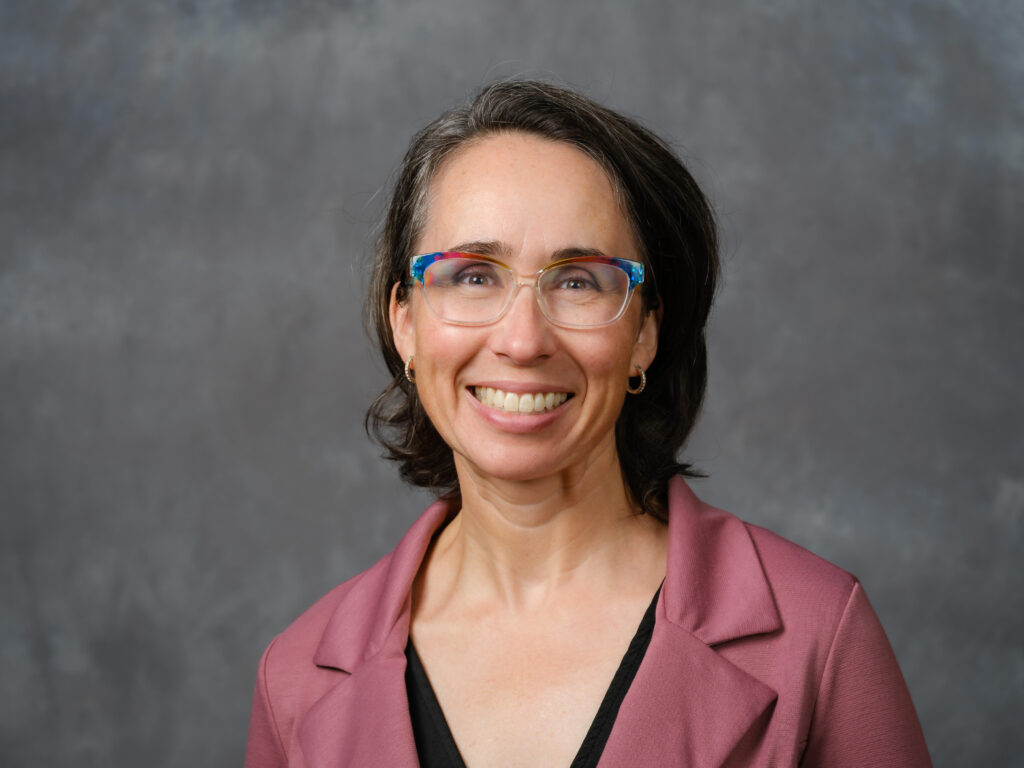
Teaching Information Literacy in Secondary Schools will focus on integrating research skills into the high school curriculum across content areas. This course is intended to help teachers navigate the continued need for traditional research instruction (e.g., topic development, developing a search strategy, source evaluation, plagiarism and citation) with modern developments and challenges such as artificial intelligence tools, personal algorithms, and social media-based pseudoscience. This teacher professional development course will focus on preparing students for research after high school, whether that involves college-level writing, research in the workforce, or personal inquiry in their daily lives.
Amanda Kaufman is the Learning and Instructional Services Librarian at the Z. Smith Reynolds Library, Wake Forest University. Amanda graduated from Kansas State University in 2009 with a BA in English. She received a master’s degree in library science from UNC-Chapel Hill in 2012 and a master’s degree in Educational Studies from Wake Forest University in 2023.
Colleen Foy is the Research and Instruction Librarian for the Sciences at the Z. Smith Reynolds Library, Wake Forest University. Colleen graduated from Auburn University with a BS in Health & Exercise Science in 1999. She received a master’s degree in library and information studies from UNC-Greensboro in 2021.
Instructor:
Dr. Joan Mitchell, Visiting Assistant Professor of English Education, Department of Education, Wake Forest University
Dates: TBA (Spring 2026)
Times: TBA
Instructional Contact Hours: 10 Hours
Location: Wake Forest University, Brookstown Campus
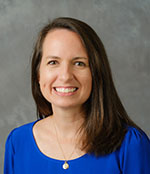
Crafting a Writing Identity explores the role of self-perception in the act of writing by asking, “Do you consider yourself a writer?” Decades of classroom practice and research have revealed that the majority of people, even those who are able writers, are reluctant to claim the title. The instructor’s experiences teaching at the high school and college level have affirmed these collective insecurities to be firmly entrenched. The roots of the writing identity crisis are complex, but they are influenced by highly-structured writing instruction, limited agency, and narrow views of what counts as writing. During this course, we will interrogate these influences by using writing research and theory to give language to the experiences that have hindered our writing lives. By examining model texts, practicing in writers’ notebooks, experimenting with various writing genres, finding our writing voices, and sharing with writing communities, we will expand our definition of “writers” to include ourselves. And, like the airplane oxygen mask metaphor, once we have secured a sense of our own writing identities, we are better equipped to help our students find theirs as well.
Dr. Joan Mitchell is Visiting Assistant Professor in English Education at Wake Forest University. She is a proud alumnus of Wake Forest where she received her BA in English and her MAEd in English education before earning her doctorate at the University of Alabama. Dr. Mitchell is a former high school English teacher who now serves as the secondary education director and English education coordinator in the Department of Education. She teaches undergraduate and graduate courses in writing pedagogy and English methods and supervises secondary student teachers during their internships. Her research focus is the pedagogy of revision and its impact on student writing. She is the co-author of the English education textbook Bridging English (6th ed.) and has published articles in various education journals and texts. As a regular presenter at both national and state conferences, Dr. Mitchell’s sessions have examined topics such as examining inequities in students’ opportunity to learn, embracing young adult literature, revitalizing nonfiction in the classroom, teaching effective revision strategies, and developing students’ writing identities.
Instructor: Dr. Brook Davis, Professor, Department of Theatre & Dance, Wake Forest University
Dates: TBA
Times: TBA
Instructional Contact Hours: 10 Hours
Location: TBA
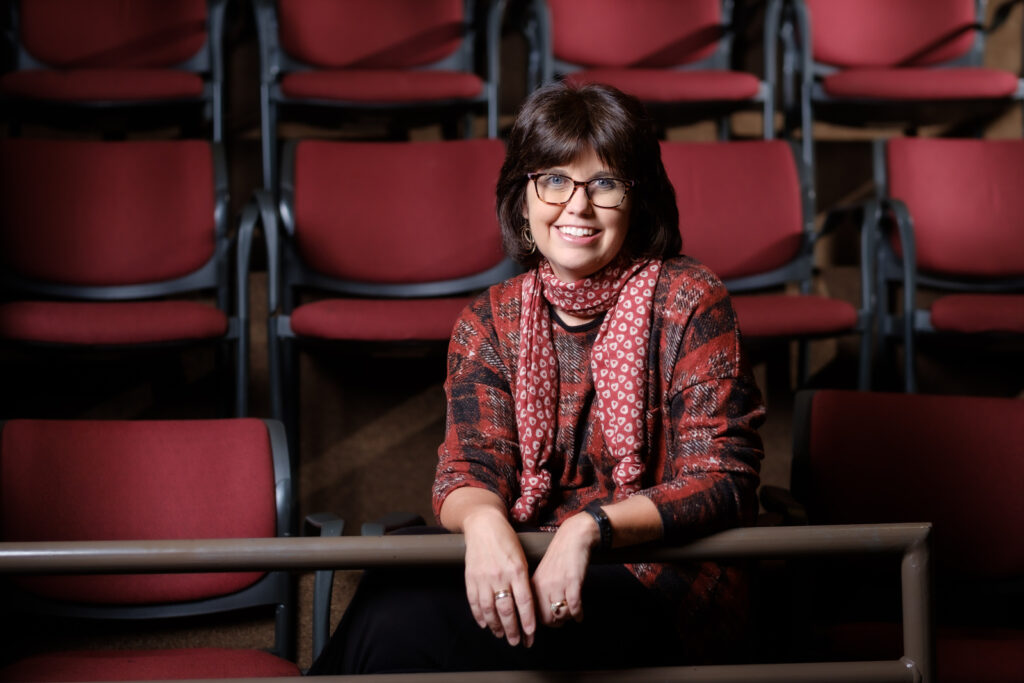
It’s Greek to Me: Teaching Shakespeare to Fearful and Reluctant People is led by a teacher who was once fearful and reluctant herself. This course will give you background, tips, and activities for making Shakespeare more user friendly for students of all ages. Sessions will include information on Shakespeare’s life and times; some basic strategies for reading, watching, and performing Shakespeare; and a look at Shakespearean performance and interpretation throughout the ages. This is a perfect course for the Shakespeare beginner as well as the Bard enthusiast.
Dr. Brook Davis joined the Wake Forest University Department of Theatre and Dance in 1997 and regularly teaches Introduction to Theatre, Dramatic Literature, Acting One, and Theatre in Education. She also directs for WFU and professionally. Brook’s research interests include theatre pedagogy; 20th and 21st Century American dramatic literature; and practitioner, educator and playwright, Constance D’Arcy Mackay. In 2000, Brook developed the Theatre in Education class that partners Theatre and Education students and places them in public school classrooms to assist teachers with theatrical, curriculum-based lesson plans.
